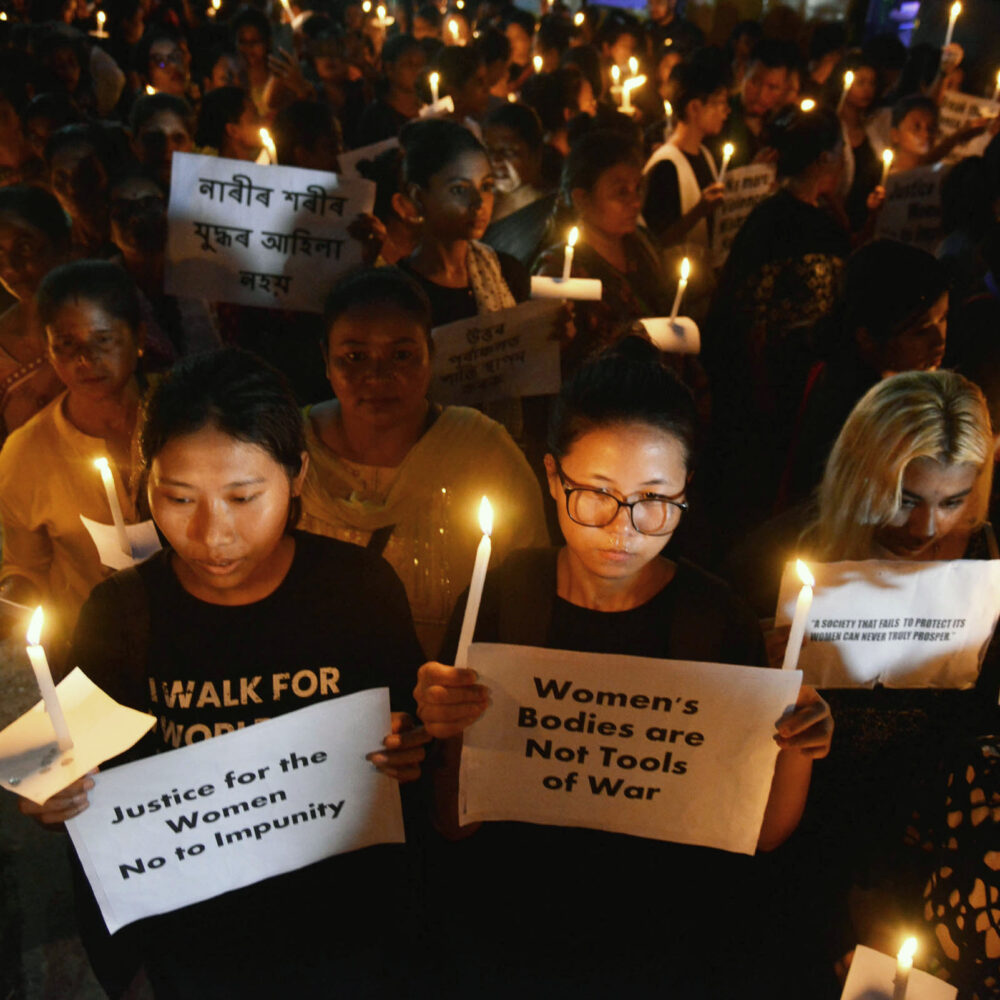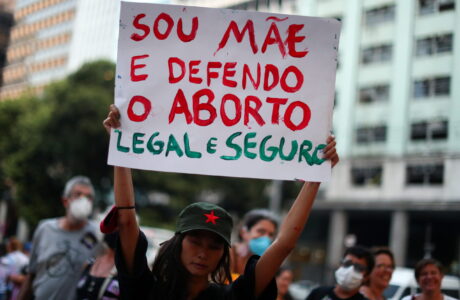Globally, an estimated 736 million women – almost one in three – have been subjected to sexual or other violence at least once in their life. According to UNICEF, one in 10 girls under the age of 20 has been a victim of rape or sexual violence.

Many rapes result in death or permanent injury. And sexual and gender-based violence inhibits women’s development long-term. It can prevent women from leaving their homes and lead to isolation, inability to work, and the resulting loss of income or employment.
Government lockdowns due to the Covid-19 pandemic have significantly increased such violence. And it is notoriously under-reported. Available data indicates that fewer than 10% of women who experience violence report it to the police. Although some international courts have prosecuted soldiers, militiamen, and political leaders for rape as a form of genocide, crime against humanity, or war crime, successful prosecutions even of mass rapes remain few and far between.

Even when prosecutions are launched, conviction rates are extremely low. For instance, Sweden had a conviction rate of 4.6 percent between 2014 and 2018, while Nigeria secured convictions in only 0.9 percent of cases reported in 2015. Many countries do not accurately report or even collect data on the prosecution of rape.
And many domestic laws defining rape also define sexual offenses very narrowly, exempt husbands, provide defenses such as ‘temptation’ by the victim, rely on victims to initiate legal processes, impose unduly strict limitation periods or allow perpetrators to be exonerated if the victim marries them. There is therefore an urgent need for more data, legal reform and increased prosecutions for such crimes.



